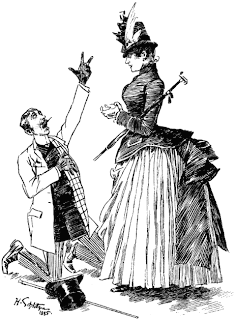
Family is an interesting concept in many different respects. August Wilson uses his play, Fences, to explore certain relationships involved in the family unit. I think the most important relationship involved in this play was the father-son relationship. The quote above describes the idea of the cyclic patterns involved in fathers and sons. It says that the son has two choices. The first is to become their fathers. They can fall into the same tendencies and habits as their fathers and lead similar lives and have similar relationships. The other option that they have is to create their own way, or “cut it down to fit you”. This means that they can break away and become their own person and have different relationships. Troy speaks of his father once during the play. He spoke of how he was scared always scared of his father and his physical and verbal abuse. The experience that Troy describes tells of how he finally stood up to his father and lashed out in hatred against him. He leaves his father in hopes of avoiding the negative relationship. It is very apparent that Troy was not able to create his own life and he let himself slip into his father’s shadow. He had induced the same type of fear in his own children and created the same negative relationships. In the final scenes of the play, Cory is faced with the same decision to either let the shadow overcome him and abandon his father at his funeral, or to create a new way and pay his respects. I thought it was interesting that it was his family that convinced him to reject the shadow of his father and attend the funeral. The very thing that pushed him away was now the driving force that brought Cory back.


